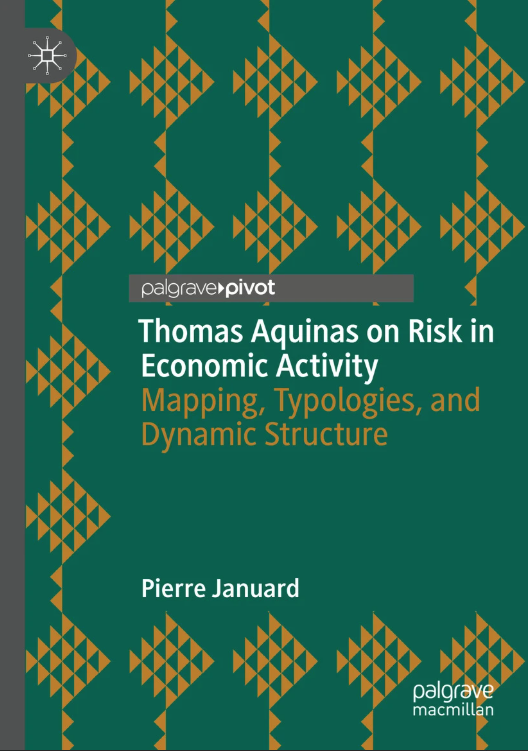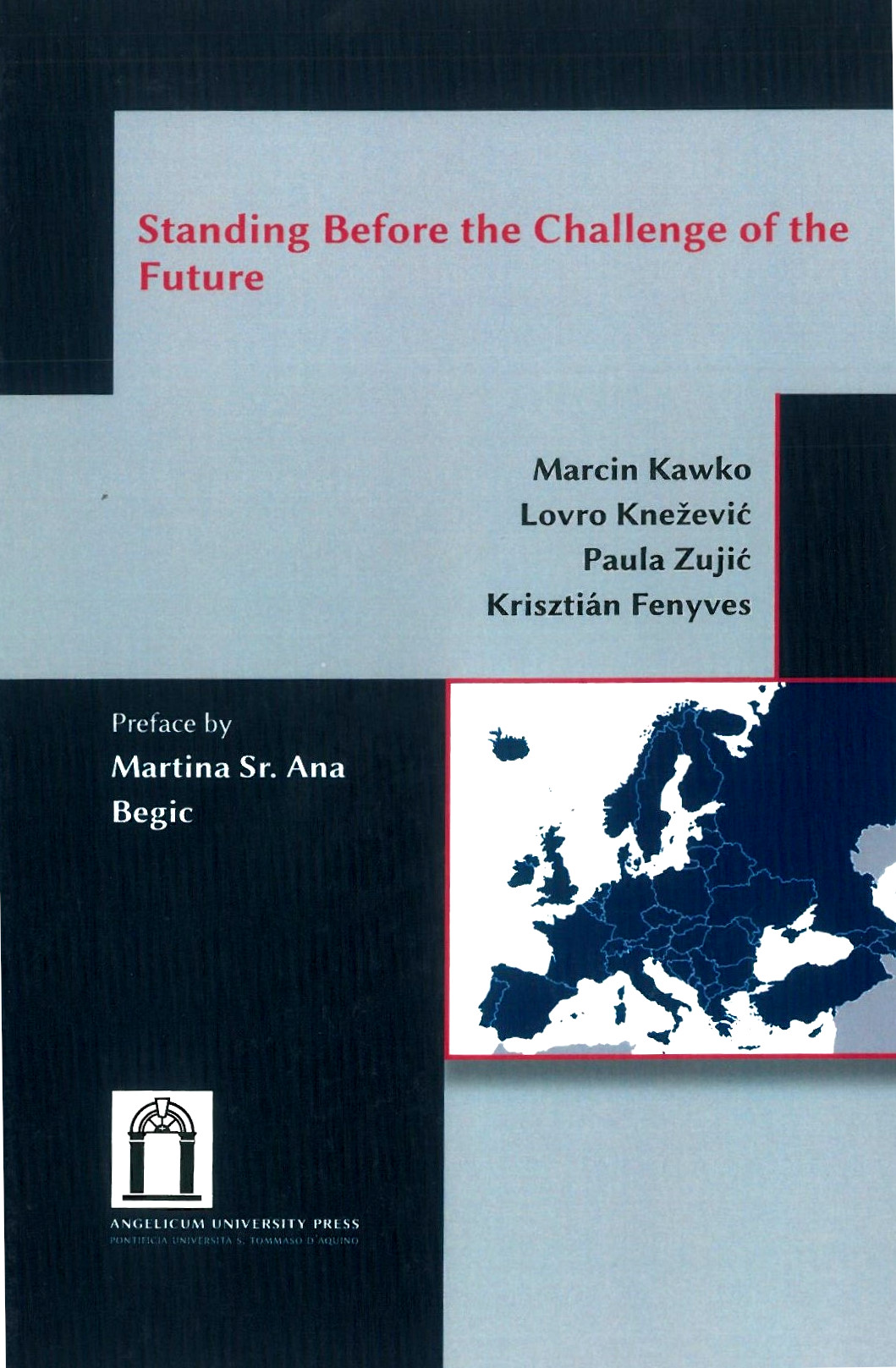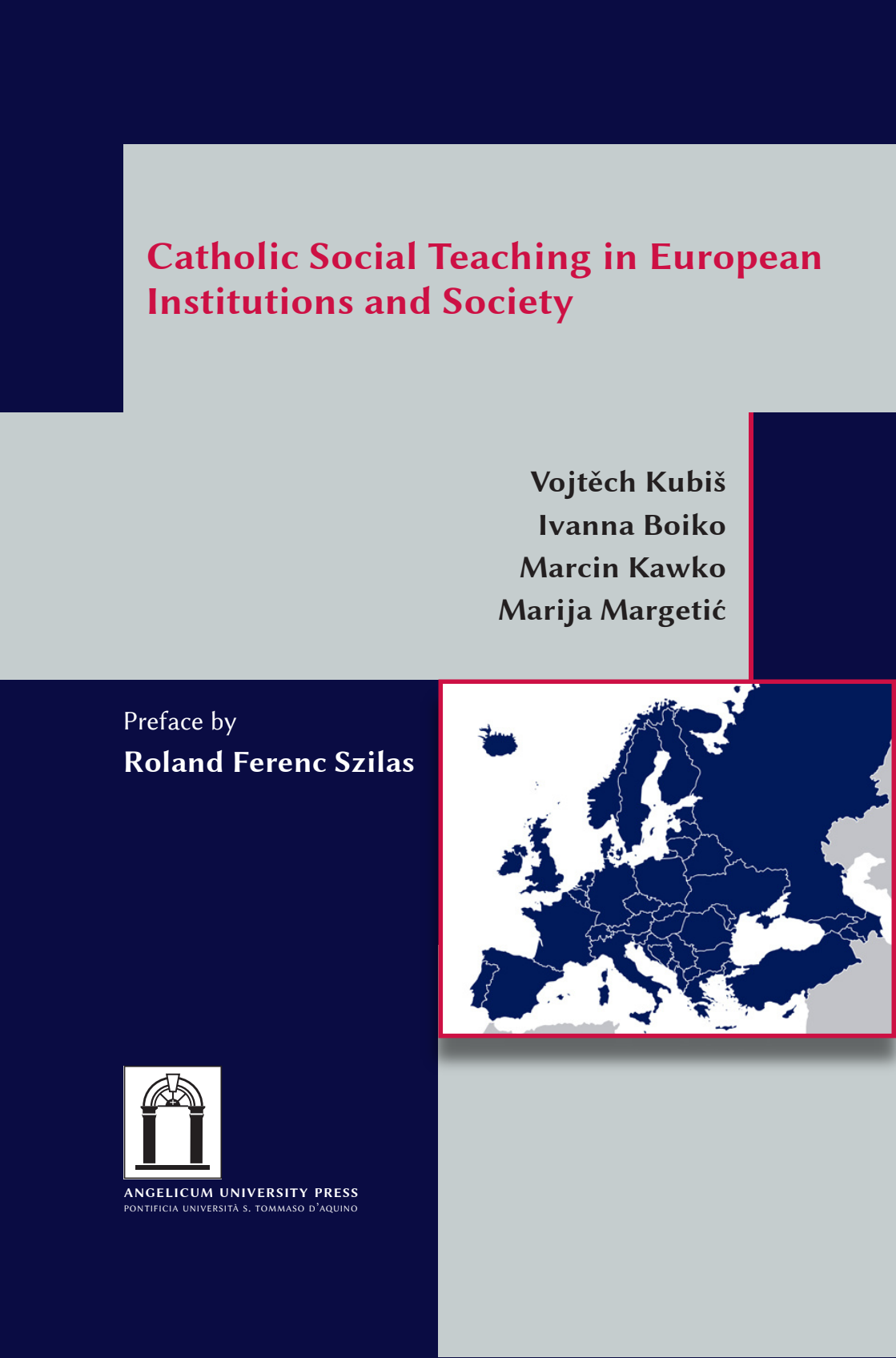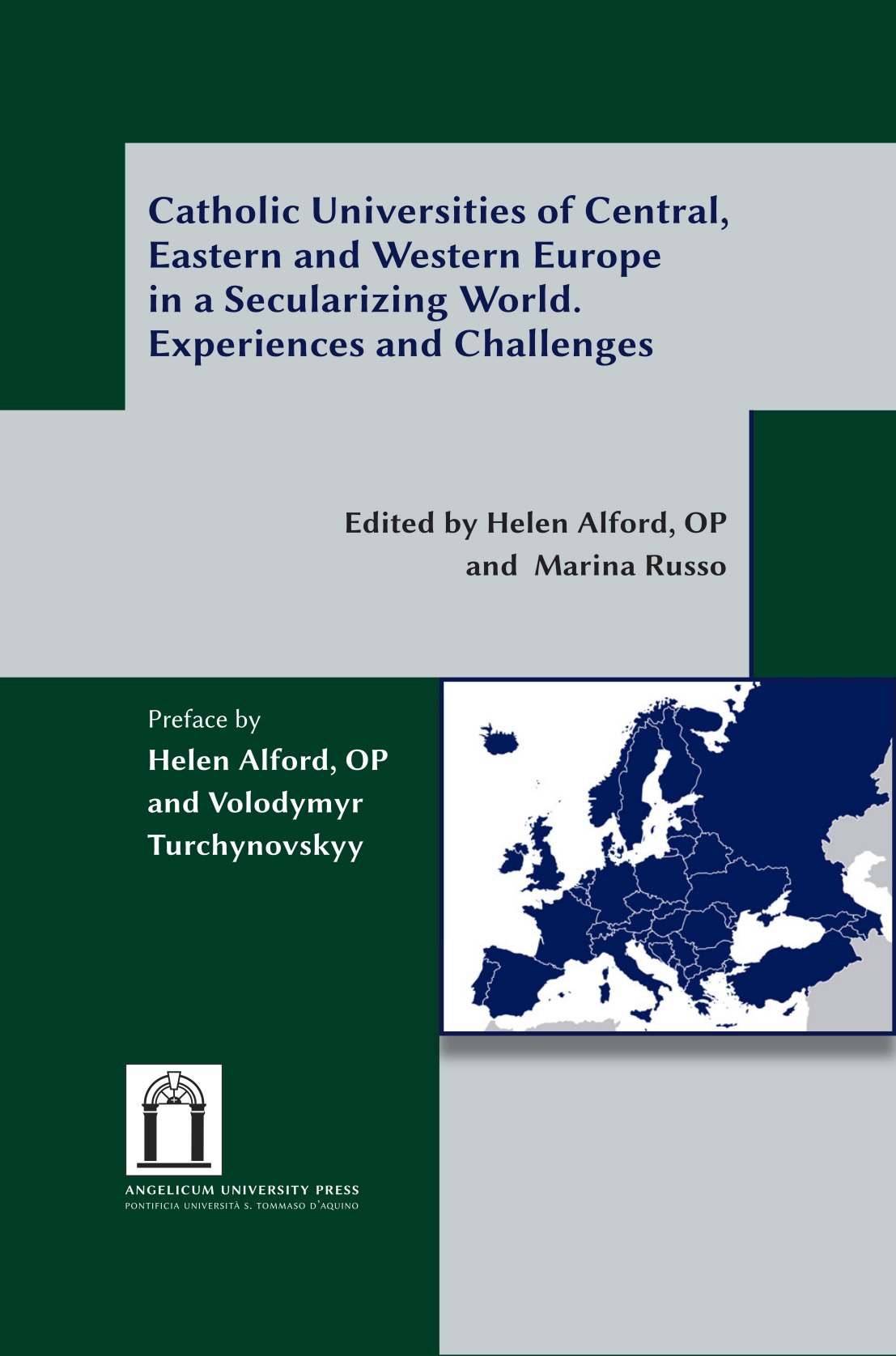…Christianity, which lies at the roots of European civilisation, represents one of the most important opportunities for Europe. Driven by their faith, Christians have a calling to awaken the conscience of the European people, anaesthetized by the fear of loss or of not receiving enough, by the upsurge in individualism or the fear of clashes between civilizations…
Michel Camdessus, Opening presentation on Sept. 23, 2004 in Lille
 Lille, an ancient city at the European crossroads between England, Belgium and France, was a symbolic place to hold the 100th anniversary meeting of the famous Semaines Sociales de France (SSF), founded in Lyon in 1904 with the aim of facing the “social question” from a Christian point of view. 2004 marks the year of enlargement not only for the EU, but also for the SSF. For their centenary, the SSF opened their doors to about 4,000 participants from different European, Asian and African countries.
Lille, an ancient city at the European crossroads between England, Belgium and France, was a symbolic place to hold the 100th anniversary meeting of the famous Semaines Sociales de France (SSF), founded in Lyon in 1904 with the aim of facing the “social question” from a Christian point of view. 2004 marks the year of enlargement not only for the EU, but also for the SSF. For their centenary, the SSF opened their doors to about 4,000 participants from different European, Asian and African countries.
The reasons for choosing the theme of Europe for this meeting were quite clear. The Christian message of fraternity is more relevant than ever for a “Europe under construction”. Core European values like diversity, inclusion and subsidiarity are deeply rooted in the Christian tradition. And while the affirmation of the hosts that Europe was invented in Lille was just a little hard to swallow (!), their affirmation that Europe needs to be reinvented is not to be dismissed lightly. In the words of Pascal Lamy, a member of the EU Commission, in order to remove the “Under Construction” sign from the European project, the same energy that drove it forward in the 1960s is needed now to awaken it from its lethargic state.
In his speech, the President of the European Commission, Romano Prodi, noted that Europe today needs a new vision, one close to the idea of an “Enlarged Europe” or “a ring of friends (un’anello degli amici)” that embraces countries from Israel and Palestine to Russia and Morocco and that shares the entire European project with them as much as possible (even if they do not fully participate in its political structures).
The meeting was enriched by the presence of other high-profile European personalities such as Jacques Delors, former President of the EU Commission, and Jean-Claude Juncker, the Prime Minister of Luxemburg, alias “Mr. Euro” for his role in the introduction of the single currency. Jacques Delors noted that the principle of subsidiarity, a Christian legacy and the foundation of the EU, is often used as if it were an efficiency principle, helpful in the face of the complexity which the EU faces, rather than a principle rooted in, and aimed at protecting, the human person. J.-C. Juncker, giving the personal testimony of a highly regarded politician, underlined that the EU is not a battlefield between the different nation states, but a field of cooperative construction. As the witty Cardinal Cormac Murphy O’Connor, Archbishop of Westminster, remarked during his speech sparkling with English humour, the “effects of the denial of the ‘supernational’ element in the EU could be equivalent to the consequences of the denial of the supernatural in the Age of Enlightenment”.
In the course of the meeting, all the participants could take part in one of six forums dedicated to specific aspects of a new Europe, which included talks, testimonials, presentations of intercultural experiences and discussions.
The emergence of new lifestyles and new situations facing families today were the focus of the group Families and Society. Another point of discussion was the way in which the experience of families could nourish the Church’s thought processes and proposals.
The value of peace lies at the foundation of the project of the European Union. Nevertheless, the common foreign and security policy to promote it seems to be one of the main points of difficulty in the EU. The second forum, At the Service of Peace, addressed the possibility of decreasing the risks of internal conflict by preventing or resolving it. The forum enjoyed the presence of Jean Vanier, the founder of the l’Arche community, who underlined that peace is first of all the fruit of our humility and modesty.
The most numerous discussion group concerned itself with the question of Freedom and Religions. The participants highlighted that an upsurge in fundamentalism and intolerance is often caused by ignorance. Thus, the refusal of clichés might help to “disarm” religions and to “disarm” God. The other challenge modern Christians have to face is the rejection of institutional religions, heightened secularization and the development of religious beliefs without any roots. Within a multiplicity of credos, we are called to answer the urgent question: how can truth be both respectful and missionary, universally valid and yet variously received?
Politics, civil society, the crisis of democracy and the low level of political participation were at the centre of the fourth discussion group, Democracy and Participation. In response to these problems, the group focused on training in public debating and discussion as a path towards participative democracy. However, democracy should not be viewed as a final result, but rather as a path to the future.
One of the most interesting fora, but definitely the most difficult, was Economic and Social Focus: Moving Towards Sustainable Development. This forum, marked by the lowest degree agreement of any of the fora, agreed on one thing at least, namely that the modern Rhenish model does not provide for necessary economic growth (at least 3,5%) and is in decline due to its lack of competitiveness. There was a wide range of answers to this situation. Many, headed by Romano Prodi, underlined that Europe has to rediscover its drive to be at the cutting edge of science and technology in order to create new innovations. Others called for a new balance between the demands of solidarity, which have sometimes been excessive and exaggerated, and the demands of productivity, which have sometimes been over-emphasised, so as to arrive at a healthy form of economic competition. Appeals to be ready “to sacrifice our sacred cows” were especially heard from the representatives of business circles. At the same time there was a stream of participants insisting on the shift of the present social model towards a model of sustainable development understood as the satisfaction of the current generation’s needs without undermining the needs of the future. At the basis of the sustainable development model there is not only society, economy, and ecology, but also spirituality. Europeans should change the way they perceive their happiness and rediscover the sense of life.
During a half hour general discussion of this last forum, more than 200 questions were raised covering issues from the goal of business to the problems of delocalization and workers’ participation in management. It was probably the section with the most vibrant participation.
The last forum, Poverty, openness and sharing, was dedicated to the issues of social exclusion. Today the number of the unemployed in the EU amounts to 7 million. It is often called the EU’s 26th State. It was stressed that the “charity approach” is not enough to deal with this problem. The EU cannot be closed in on itself as the recent immigration flows indicate. However, being a privileged partner amongst the Mediterranean and African countries, it should apply “creative charity” in order to establish a new international order and to eradicate poverty in those countries.
Perhaps the weakest moment of the meeting, along with its very generalised level of discourse, typical of meetings on such a scale, was the lack of any attention to the fact that before being a social, economic or political community, we, as Christians, are a community founded on values. Much was talked about the values of peace and solidarity, but little was said about the value of life, without which all other values remain unanchored.
The culmination of the meeting - the Mass for Europe - was attended by thousands of participants. Europe showed once more that it is ready not only to discuss, but also to pray. The meeting has ended, but let us hope and believe that Europe will continue to pray, think, construct, and invent!
 IT
IT  EN
EN 
















